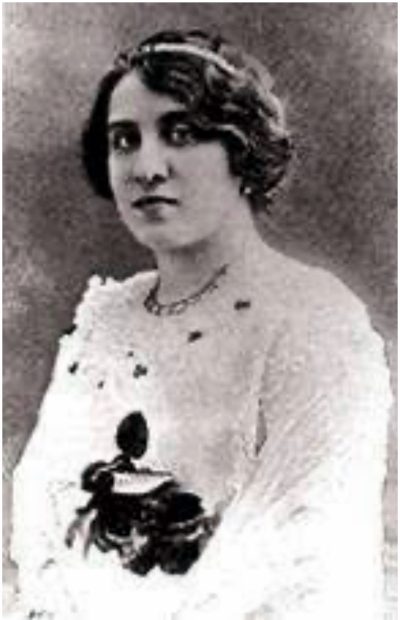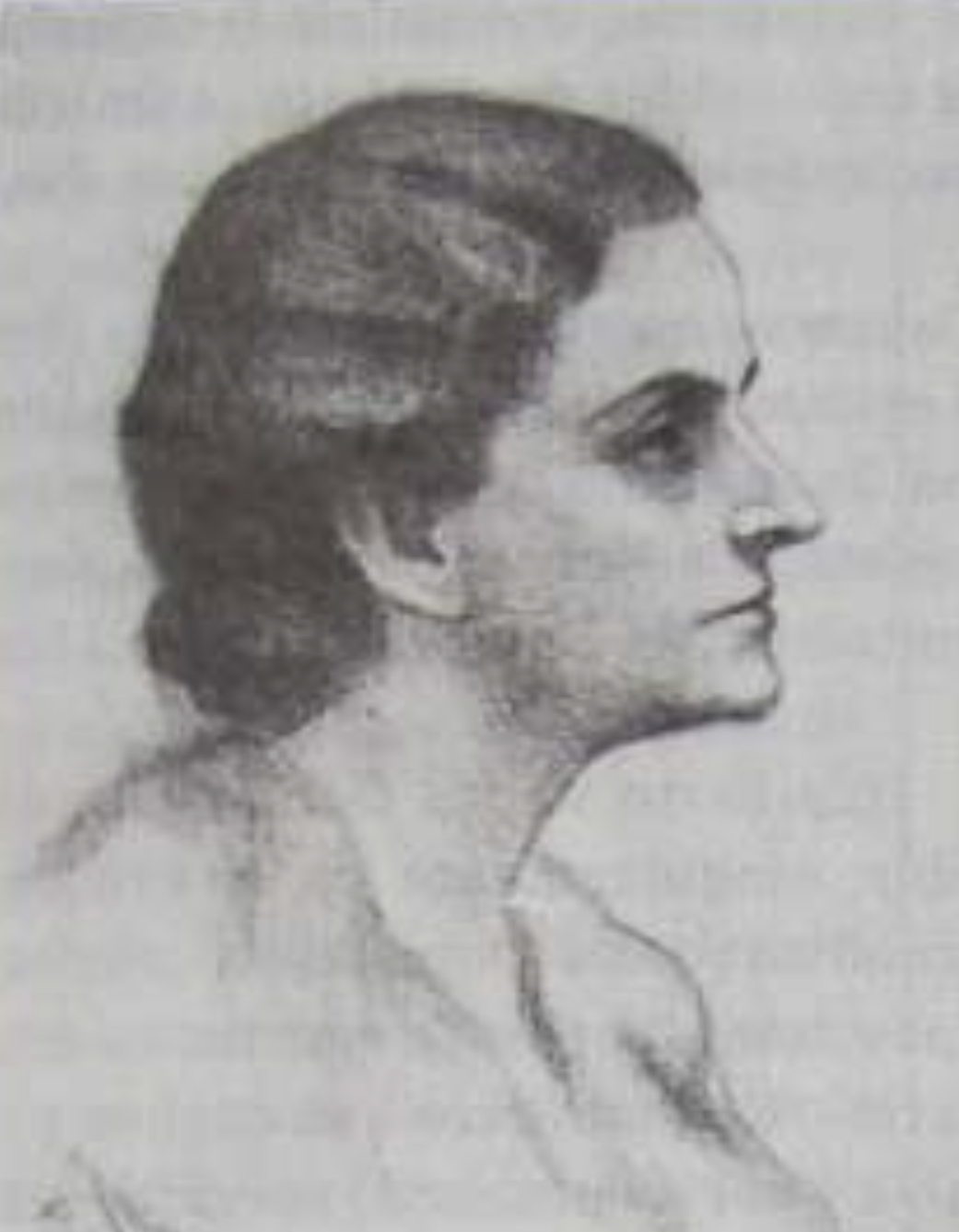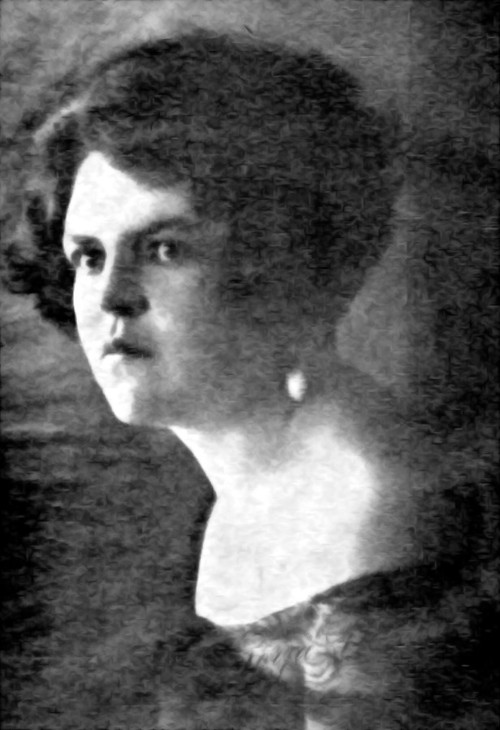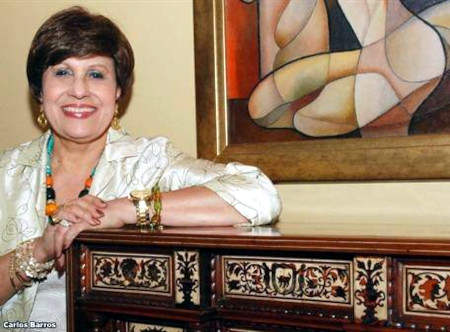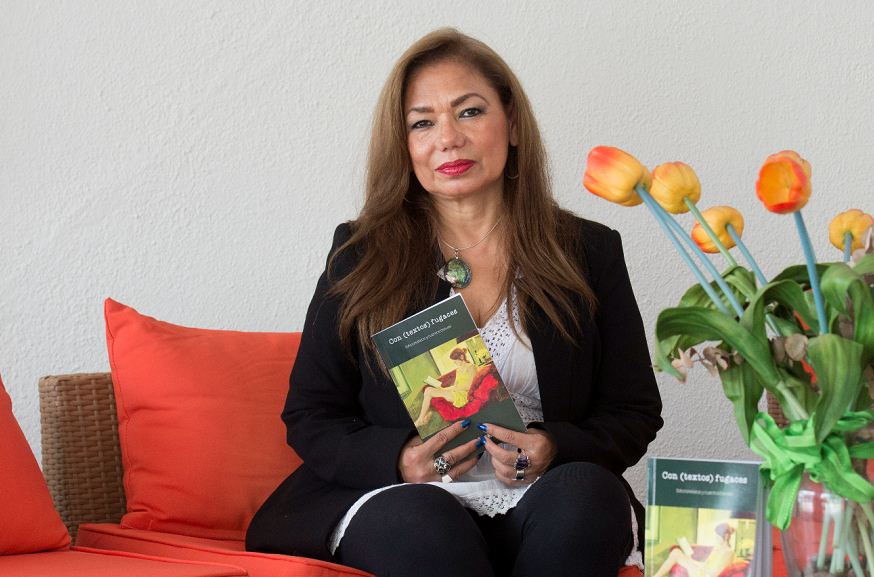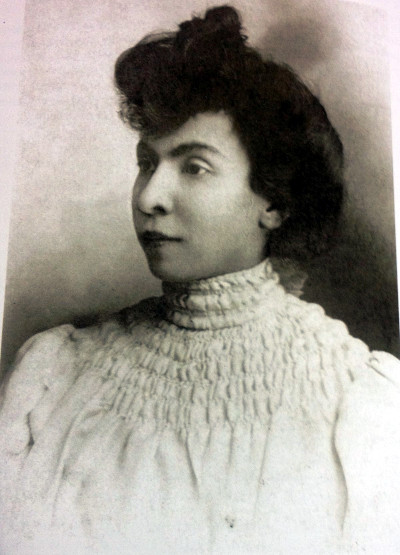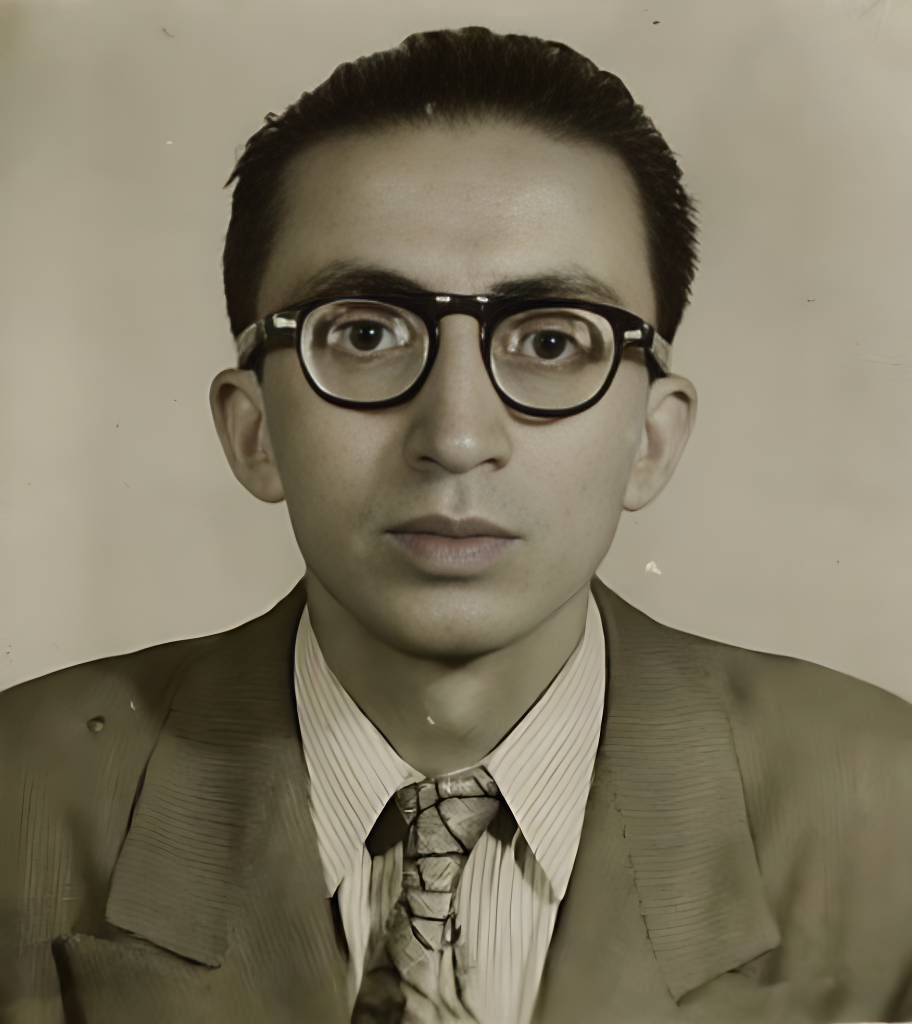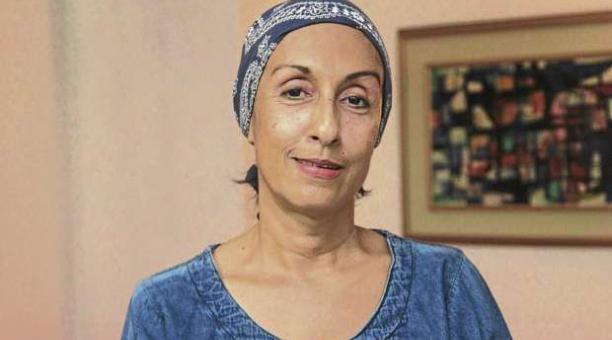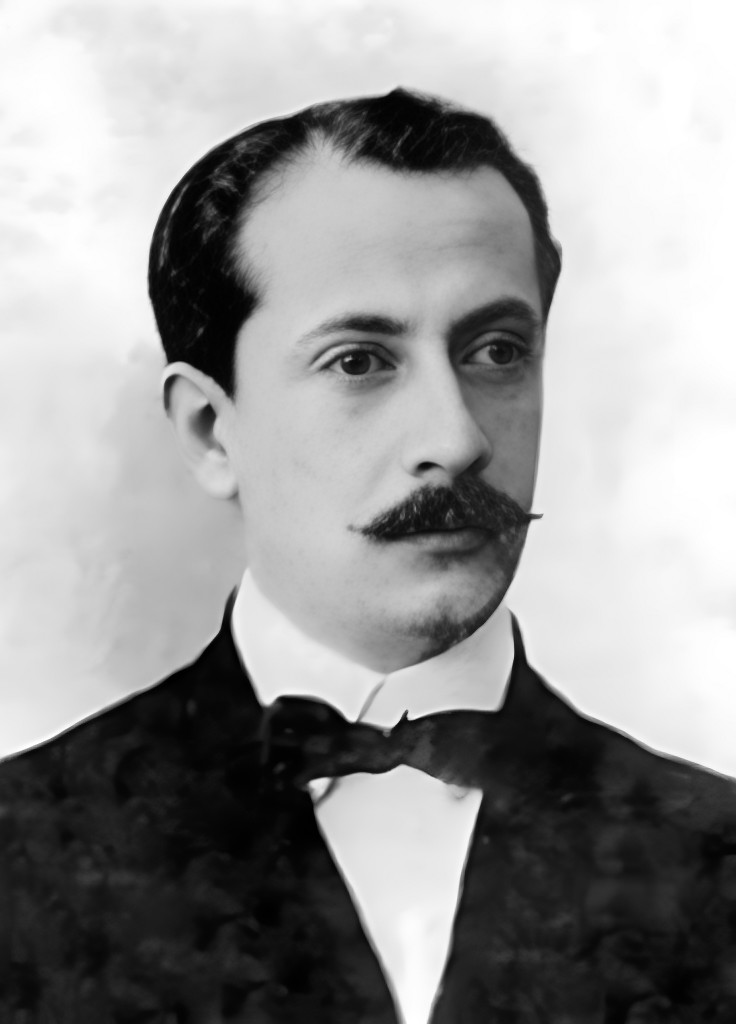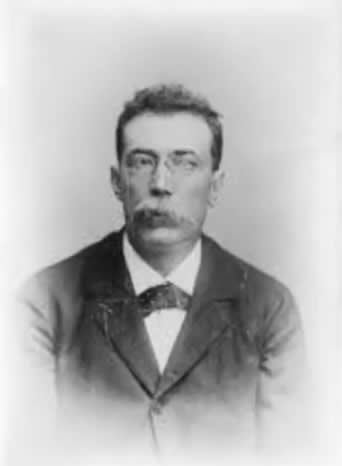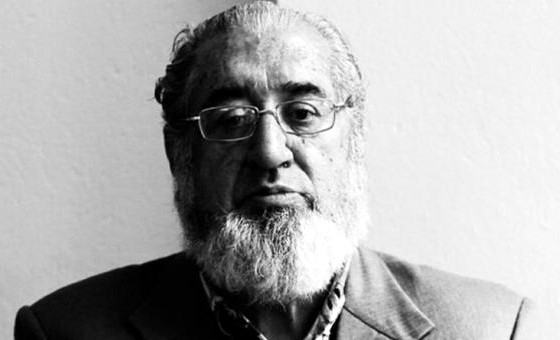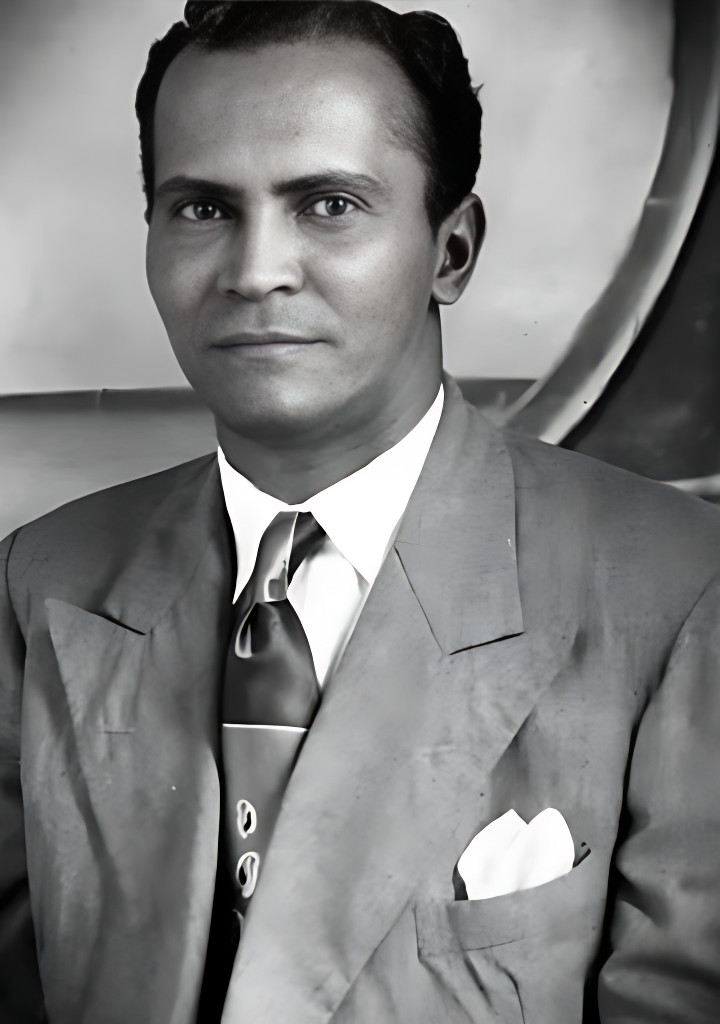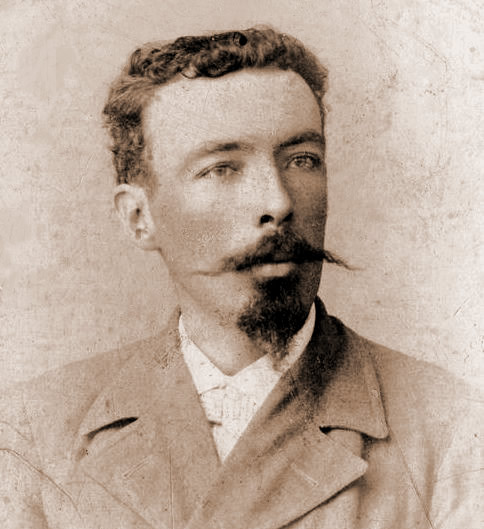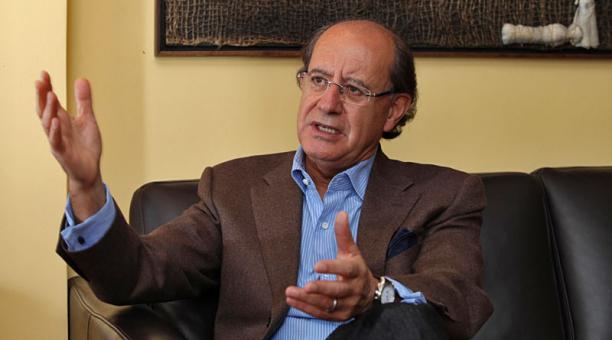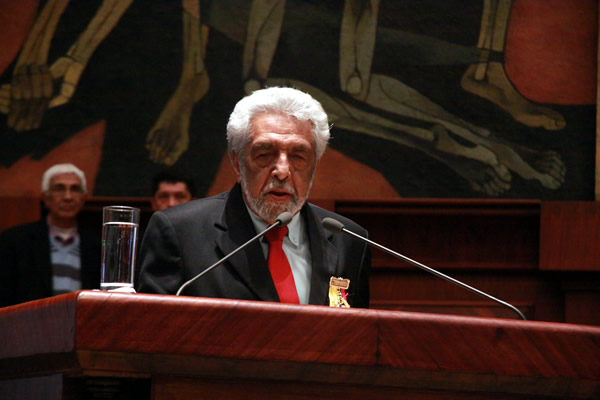María Piedad Castillo de Levi (Guayaquil, July 6, 1888 – Quito, March 4, 1962) was an Ecuadorian writer, poet, journalist, and feminist. She fought for women’s suffrage and co-founded Nuevos Horizontes, a feminist magazine. Castillo studied at the Sorbonne in Paris and later worked for El Telégrafo Literario. A delegate to the Inter-American Commission of Women from 1940, she also joined the House of Ecuadorian Culture and traveled widely, contributing to international media. In 1962, her poetry collection Poemas de Ayer y de Hoy was published.
Continue reading “María Piedad Castillo de Levi”Category: 20th Century Writers
Hipatia Cárdenas de Bustamante
Hipatia Cárdenas de Bustamante, also known as Aspacia (Quito, March 23, 1889 – Quito, February 9, 1972) was an Ecuadorian writer, politician, suffragist, and feminist. She was one of the pioneering defenders of women’s suffrage in Ecuador. In 1929, she became the first female Councilor of State, and in 1932, she became the first female candidate for the presidency. She fought for respect in the women’s right to vote in Ecuador after its approval in 1929 and the appearance of groups that were against it. In 1943 she published her book “Oro, rojo y azul,” and wrote for the newspapers El Día, El Comercio, and the magazine América.
Continue reading “Hipatia Cárdenas de Bustamante”Luz Elisa Borja Martínez
Luz Elisa Borja Martínez (Riobamba, May 15, 1903 – Riobamba, July 10, 1927) was an Ecuadorian poet, pianist, painter, and sculptor. In only 24 years of life, she amassed an extensive body of written work, which her brother Luis Alberto published after her death in two books titled “Cofre Romántico” and “La Bella Durmiente.” The second book contains the poem “Quiero Llorar” (I Mourn), which she wrote in 1918, at the age of 15, after the death of the mother superior of the Riobamba Sisters of Charity. It has seven stanzas, two of which became the lyrics for the Ecuadorian pasillo called “Lamparilla.” The music was composed by Miguel Ángel Casares Viteri, who was inspired by Borja’s poem and his dismay over the damage caused by a Chanchán River flood. Some of her original works can be found at the House of Ecuadorian Culture in Chimborazo.
Continue reading “Luz Elisa Borja Martínez”Rosa Amelia Alvarado
Rosa Amelia Alvarado Roca (1944, Guayaquil) is an Ecuadorian writer and poet. In 1964 she founded the Guayaquil-based magazine Hogar, which became the biggest women’s magazine line in Ecuador. From 1967 to 1972, she worked in television as the director of programming at Channel 2 in Guayaquil, specializing in the creation of cultural programs. She is the president of the Guayas branch of the House of Ecuadorian Culture, and is a member of the Ecuadorian Academy of Language. Her most notable poems include: “Añoranza,” “Cosas Absurdas,” “De lo profano (II),” “El sermón de la montaña” and “La vida va y viene.”
Continue reading “Rosa Amelia Alvarado”Aminta Buenaño
Aminta del Rosario Buenaño Rugel (Santa Lucía, Ecuador, September 27, 1958) is an Ecuadorian writer, journalist, diplomat, and politician. She is celebrated for her literary works that explore women’s experiences and feminist themes, with notable titles such as La mansión de los sueños (1985) and Mujeres divinas (2006). As vice-president of Ecuador’s Constituent Assembly, she played a pivotal role in drafting the 2008 Constitution, advocating for gender equality. Buenaño has also served as Ecuador’s ambassador to Spain and Nicaragua. Among her many accolades is the prestigious Jauja International Short Story Prize of Valladolid (1979). Her most recent novel, Un blues para Roberto (2022), delves into themes of love and loss, and was presented at the 2022 International Book Fair in Guayaquil.
Continue reading “Aminta Buenaño”Zoila Ugarte de Landívar
Zoila Ugarte de Landívar, also known by her pseudonym Zarelia (El Guabo, June 27, 1864 – Quito, November 16, 1969) was an Ecuadorian writer, journalist, librarian, sculpturist, educator, suffragist, and feminist. She was the first female journalist in Ecuador. Together with Hipatia Cárdenas de Bustamante, she was a key defender of women’s suffrage in Ecuador. As an early figure in the realm of female Ecuadorian journalists, her career began in the late 1880s. She began to use the journalistic pseudonym Zarelia in the weekly publication Tesoro del Hogar. In 1905 she founded La Mujer, the country’s first women’s magazine. As a teacher, Ugarte taught at various schools in Quito including the Liceo Fernández Madrid girls’ school and the Manuela Cañizares school. She also became the first female editor-in-chief of the political newspaper La Prensa in 1911. She served as president of Quito’s Press Circle.
Continue reading “Zoila Ugarte de Landívar”César Dávila Andrade
César Dávila Andrade (Cuenca, Ecuador, October 5, 1918 – Caracas, Venezuela, May 2, 1967) was an Ecuadorian poet, writer and essayist, usually acclaimed as an outstanding member of the 1940 Madrugada Group. His interest in the strange and marvelous earned him the sobriquet,“el Fakir.” He is best known for his poetry, although he also wrote short novels, stories, essays and numerous newspaper articles. His works displayed elements of Neo-romanticism and surrealism. His best known poem, “Boletín y elegía de las mitas,” originally published in 1959, marked a milestone in Ecuadorian and Latin American literature. He spent much of his life in Caracas, Venezuela where he worked in the editorial staff of Zona Franca. For several years he served as cultural attaché at the Ecuadorian embassy. Death and transfiguration was a theme in his poems. In 1967, he committed suicide at the age of 48.
Continue reading “César Dávila Andrade”Carmen Váscones
Carmen Váscones is an Ecuadorian writer, poet, literary critic, columnist, essayist and a clinical psychologist. She was born in Samborondón in 1958. She earned a degree in Psychology in 1983 and in Clinical Psychologist in 1984. She won the Cesar Dávila Andrade Poetry Biennial Prize (Cuenca, 1993) for Memorial aun acantilado, top Mention at the Ismael Pérez Pazmiño Poetry Contest (El Universo, Guayaquil, 1996) for Aguaje. In 1998 she received an award from the Ministry of Education and Culture of Ecuador, in 2001 she received an award from the National Congress of Ecuador for “her practice of teaching and the cultivation of beautiful letters,” and in 2002 she received the Cultural Educational Merit (Ministry of Education and Culture of Ecuador). As a psychologist, Váscones works with abused children and their mothers. Her book ULTRAJE / OUTRAGE was translated into English by Alexis Levitin in 2018.
Continue reading “Carmen Váscones”Rafael Pino Roca
Rafael Pino Roca (Guayaquil, October 24, 1878 – Guayaquil, 1963) was an Ecuadorian poet, playwright, and diplomat. Educated in Germany, he became fluent in multiple languages and developed a deep admiration for European culture. Pino Roca held key government roles, including Minister of War, Navy, and Aviation, where he helped establish Ecuador’s first aviation school. His literary works, notably the epic poem Canto a la Raza, gained wide acclaim. He also served as Ecuador’s Consul in Europe and was known for his controversial pro-German stance during the prelude to World War II.
Continue reading “Rafael Pino Roca”Juan Benigno Vela
Juan Benigno Vela Hervas (Ambato, July 9, 1843 – Ambato, February 24, 1920) was an Ecuadorian politician, lawyer, journalist, and writer. A key figure in Ecuador’s liberal movement, he was known for his staunch opposition to the conservative regimes of Gabriel García Moreno and Ignacio de Veintemilla. Despite losing his sight and hearing later in life, Vela continued his fight for civil liberties through his work in journalism and politics, contributing to the drafting of Ecuador’s 1906 Constitution. He founded several influential newspapers, including El Combate and El Espectador, and remained a vocal advocate for education and democracy throughout his life.
Continue reading “Juan Benigno Vela”Alejandro Moreano
Alejandro Moreano (Quito, 1945) is an Ecuadorian writer, essayist, university professor, novelist, literary critic, and political scientist. On four occasions he was the director of the school of sociology at the Central University of Ecuador, and has been a professor at the Pontifical Catholic University of Ecuador, and is currently a visiting professor at the Simon Bolivar Andean University (Ecuador). His latest novel El crímen del tarot (2020), which Moreano has described as “a novel within a novel,” has to do with politics, theater, love and eroticism.
Continue reading “Alejandro Moreano”Nelson Estupiñán Bass
Nelson Estupiñán Bass (Sua, Esmeraldas, September 19, 1912 — Pennsylvania, United States, March 3, 2002) was an Afro-Ecuadorian novelist, short story writer, poet, essayist, journalist and diplomat. He served as the president of the Esmeraldas chapter of the House of Ecuadorian Culture. His first novel Cuando los guayacanes florecían (1954; translated into English as When the Guayacans Were in Bloom, 1987) is widely read in Ecuador and Latin America, and has been translated into English, German, French and Russian. In 1993 Bass received Ecuador’s highest literary honor, the Eugenio Espejo Award. In 1998, Estupiñán Bass was nominated for the Nobel Prize in Literature. While giving a series of lectures in 2002 at Penn State University Bass became ill with pneumonia and succumbed to the deadly illness at the Hershey Medical Center on March 3, 2002
Continue reading “Nelson Estupiñán Bass”Luis A. Martinez
Luis Alfredo Martínez Holguín (Ambato, June 23, 1869 – Ambato, November 26, 1909) was an Ecuadorian writer, painter, politician, and agriculturist. His novel A la Costa (1904) is considered a masterpiece of Ecuadorian literature and one of the earliest works of realism in the country. In addition to his literary achievements, Martínez was a skilled painter, with several of his best works housed internationally, including in the United States Library of Congress and the Vatican Museum. Politically, he opposed the government of Eloy Alfaro and was involved in the resistance against liberal guerillas in the 1890s.
Continue reading “Luis A. Martinez”Jaime Marchán
Jaime Marchán Romero (Quito, March 15, 1947) is an Ecuadorian writer, diplomat, and academic. He holds degrees in Political and Social Sciences and in Jurisprudence from the Pontificia Universidad Católica del Ecuador (PUCE). As a member of the post-boom generation of Latin American writers, his literary works are known for their stylistic purity and complex character psychology. Marchán has published several notable works, including La otra vestidura (1991) and Volcán de niebla (2012), which won the Joaquín Gallegos Lara National Fiction Prize in 2013. In addition to his literary career, he has held significant diplomatic roles, representing Ecuador in multiple countries and serving as Vice Minister of Foreign Affairs and ambassador. He is also a full member of the Academia Ecuatoriana de la Lengua, occupying seat “Ñ” since 2013.
Continue reading “Jaime Marchán”Jaime Galarza Zavala
Jaime Alejandro Galarza Zavala (Cuenca, July 28, 1930 – Quito, July 20, 2023) was an Ecuadorian writer, poet, journalist, and politician. He was a prominent advocate for social justice and national sovereignty, publishing over 20 books, including El Yugo Feudal and El Festín del Petróleo, which exposed corruption in Ecuador’s oil industry. Galarza also authored Quienes mataron a Roldós, investigating the controversial death of Ecuadorian President Jaime Roldós. Deeply involved in political activism, he co-founded the revolutionary youth movement URJE and served as Ecuador’s first Minister of the Environment. His work garnered international attention and led to his imprisonment, with figures like Julio Cortázar advocating for his release.
Continue reading “Jaime Galarza Zavala”
